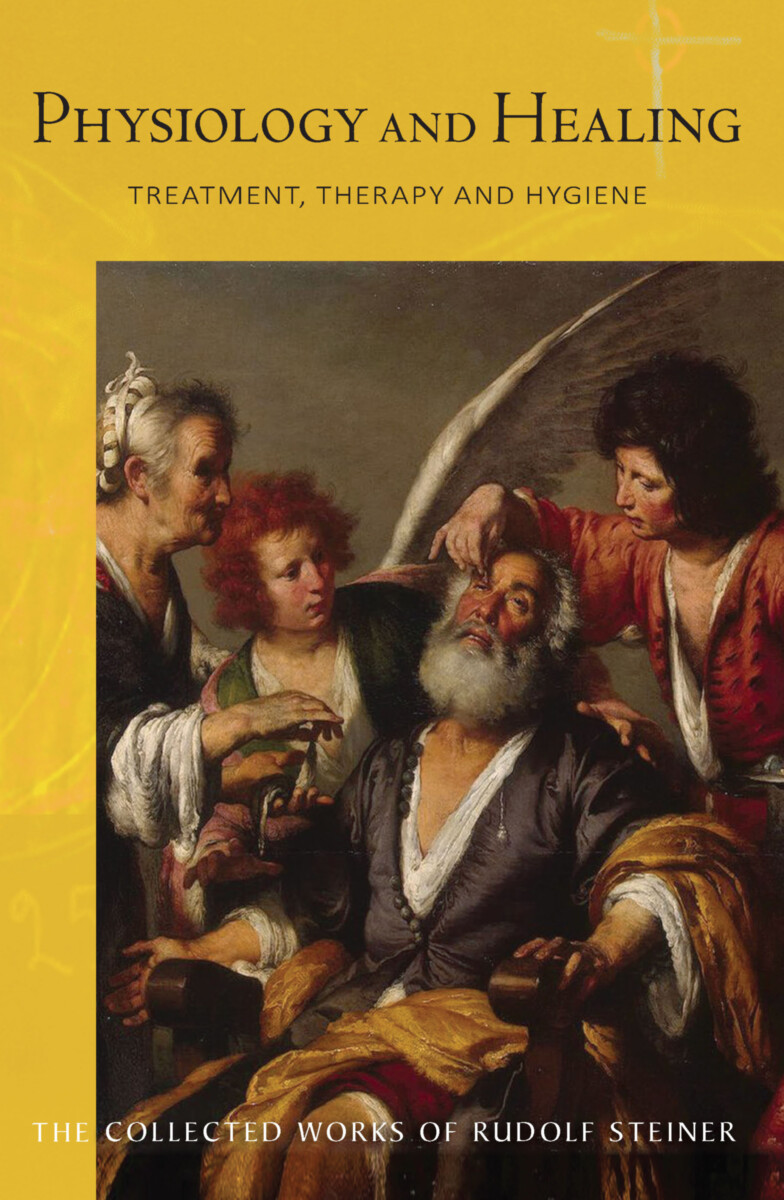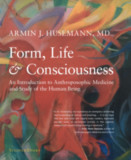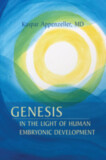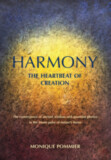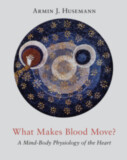Physiology and Healing
Treatment, Therapy, and Hygiene (CW 314)
Introduction by Andrew Maendl, MD and Matthew Barton
Translated by Anna R. Meuss, FIL, MTA
- Publisher
Rudolf Steiner Press - Published
20th December 2013 - ISBN 9781855843806
- Language English
- Pages 344 pp.
- Size 6" x 9"
Lectures & discussions, Dornach, Stuttgart, 1920–1924 (CW 314)
Following his first major lecture course for medical practitioners, Steiner elaborated and deepened his “extension” of conventional healing through a spiritual-scientific perspective. In this collection of addresses, discussions, question-and-answer sessions, and lectures—which paralleled his major medical courses—Steiner comments on contemporary medical emphasis on experimental, materially based research and its lack of attention to therapy. Steiner’s intention is not to detract from developments in medical science but to build on them with spiritual science. The medical practitioner has an important task—diseases must be cured, and it is wrong not to intervene and simply to allow “karma to take its course.”
Speaking both to the general public and to small groups of medical professionals, Steiner offers new insights into our understanding of human organs, as well as the efficacy of healing substances such as arsenic, sulfur, arnica, and essential plant oils. He studies a broad range of specific medical conditions, offering advice on cancer, hysteria, rheumatism, gout, skin eruptions, typhoid, diabetes, hemophilia, syphilis, gonorrhea, asthma, glaucoma, leukemia, smallpox, insomnia, and childhood diseases such as measles. His commentaries on subjects such as psychiatry, sexual maturity, memory, poisoning, and detoxification present challenging perspectives for both patients and medical practitioners. Steiner’s surprisingly non-dogmatic advice on vaccination, for example, gives a refreshingly balanced and, perhaps unexpected, point of view.
This volume is a translation from German of Physiologisch- Therapeutisches auf Grundlage der Geisteswissenschaft (GA 314). Portions of this lecture course were previously published as Four Lectures to Doctors (4 lectures) and Health Care as a Social Issue (1 lecture).
Rudolf Steiner
Rudolf Steiner (b. Rudolf Joseph Lorenz Steiner, 1861–1925) was born in the small village of Kraljevec, Austro-Hungarian Empire (now in Croatia), where he grew up. As a young man, he lived in Weimar and Berlin, where he became a well-published scientific, literary, and philosophical scholar, known especially for his work with Goethe’s scientific writings. Steiner termed his spiritual philosophy anthroposophy, meaning “wisdom of the human being.” As an exceptionally developed seer, he based his work on direct knowledge and perception of spiritual dimensions. He initiated a modern, universal “spiritual science” that is accessible to anyone willing to exercise clear and unbiased thinking. From his spiritual investigations, Steiner provided suggestions for the renewal of numerous activities, including education (general and for special needs), agriculture, medicine, economics, architecture, science, philosophy, Christianity, and the arts. There are currently thousands of schools, clinics, farms, and initiatives in other fields that involve practical work based on the principles Steiner developed. His many published works feature his research into the spiritual nature of human beings, the evolution of the world and humanity, and methods for personal development. He wrote some thirty books and delivered more than six thousand lectures throughout much of Europe. In 1924, Steiner founded the General Anthroposophical Society, which today has branches around the world.


